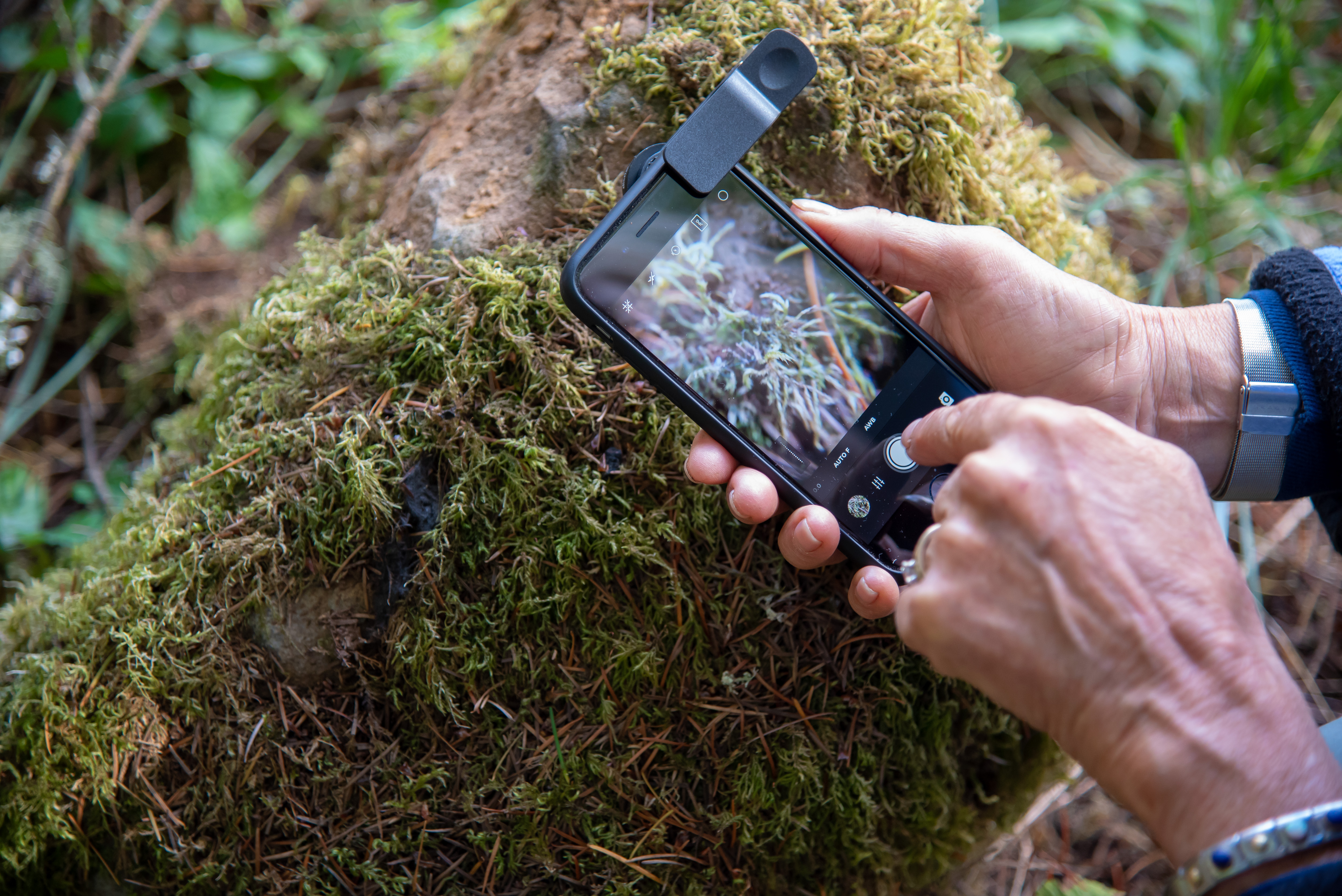
Science makes the world go round. It’s what brought us modern medicine, clean water and the technologies in our homes and in our pockets. And more and more, the pursuit of science is all about information.
Sometimes, scientists need more information than they can collect on their own. Medical researchers want more information about people’s lifestyles so they can learn about what causes and prevents disease. Ecologists want more information about the abundance and distribution of species across the world. Climate scientists want more information about how temperatures are changing.
Other times, scientists have the information they need, but they need human help to process it. A biologist might have a million photos that they need to look through to see which animals are living in a special forest, or how many bison are in a herd. A neurologist might have hundreds of videos of blood vessels in the brain that they need tagged as clogged or not.
It’s all information that anyone can collect and tasks that anyone can help with. This is where citizen scientists — you! — come in. Citizen scientists are just people who volunteer their time to help scientists and other researchers with their work. And citizen science is a fun, rewarding hobby.
What is citizen science?
Citizen science is the participation of members of the general public — anyone — in scientific research. Citizen scientists might collect data for a research project, complete tasks online that help researchers or even play citizen science games that are specially designed to be both fun and productive.
Who can do citizen science?
Anyone can do citizen science! You don’t have to be a citizen of any particular place in order to be a citizen scientist. And you don’t need a science degree (or any degree!) to participate, either! Citizen science is intended to be something everyone is invited to participate in. Some projects may be more complex than others, but there are opportunities for all ages and skill levels.
Why do citizen science?
Citizen science is a great pastime both because it can be fun and because it enables you to make a difference. So many research projects couldn’t happen without the contributions of people from all around the world!
Some people choose projects related to issues they care deeply about, like Alzheimer’s disease, water pollution, climate change or COVID-19. Others choose what sounds the most fun, like projects that involve playing games or give you a fun activity to complete on a family hike . Whatever your motivation, participating in citizen science projects can be highly enjoyable!
Start doing citizen science with SciStarter!
Ready to get started? SciStarter is your resource to connect you with projects that you’ll enjoy. Create an account on SciStarter.org to save projects, track your contributions, receive personalized project recommendations and more!
Better yet, jump-start your citizen science journey with our Foundations of Citizen Science training module! This one-hour module, created by the talented instructional designers at Arizona State University with support from the National Library of Medicine, will walk you through the basics of citizen science and show you how to participate in projects. It’s also a great way to make sure you’re making the most of SciStarter.

